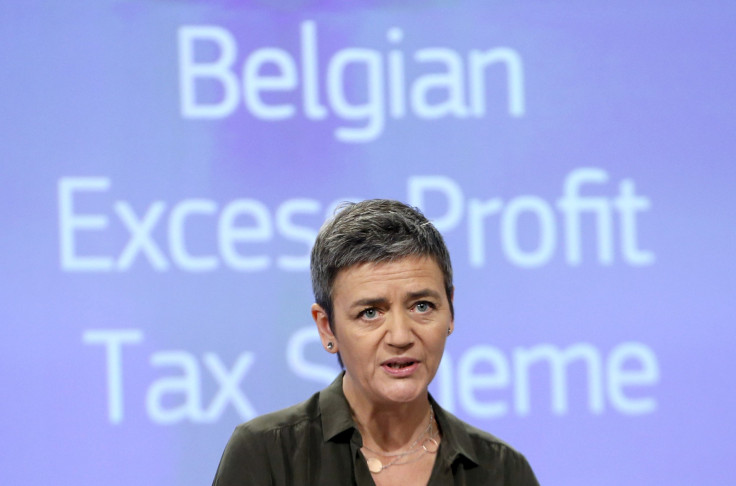EU orders Belgium to recover AU$1.08 billion of tax breaks from 35 companies: Intensifies crackdown on tax evasion by MNCs

The European Union has ordered Belgium to recover about 700 million euros (AU$1.08 billion) in illegal tax breaks given away to at least 35 companies.
This is part of the crackdown on over generous tax schemes in the 28-nation bloc, spearheaded by the EU regulators. Asking Belgium to recoup the full unpaid tax, EU noted excess-profit rulings are helping multinational corporations to reduce tax base by as much as 90 percent.
Belgium’s benign tax breaks had many beneficiaries including BASF, Proximus, Atlas Copco AB, Wabco Holdings and Celio France, reports Bloomberg. Companies such as Anheuser-Busch InBev NV and BP Plc also figure in the list.
Belgium allowed many multinational companies to deduct profits from their taxes to facilitate intra-group synergies. But the EU regulators do not agree to Belgium’s stand on that as no corresponding tax claim is made in another country.
“The result is double non-taxation,” noted Margrethe Vestager, EU’s competition chief and added that the deducted profits are not taxed anywhere.
Distorting competition
“In essence, the scheme allowed companies to pay substantially less tax, simply because they are multinational,” she noted.
“It distorts competition on the merits by putting smaller competitors who are not multinational on an unequal footing,” the official added.
The EU is also scrutinising many tax deals including Apple’s arrangements with Ireland and those of Amazon.com. In 2015, EU asked Netherlands to recover 30 million euros (AU$46 million) in back taxes from Starbucks Corporation. According to EU’s estimates, tax avoidance and tax evasion by MNCs is costing it 1 trillion euros (AU$1.54 trillion) a year.
However, Belgian Finance Minister Johan Van Overtveldt said the country would appeal the decision as recovering 700 million euros in tax would be a logistical nightmare for tax officials.
Hailing EU’s decision as “fascinating”, Alex Cobham, director of research at the Tax Justice Network said Belgium is only a small player in poaching tax base from other EU states. He said there are sharks like Ireland, Luxembourg and Netherlands, having taken in “hundreds of billions of dollars in profits from elsewhere.”
Irish data
Meanwhile, Irish banks are collecting details of non-resident bank account holders as part of the un-precedented crackdown on tax evasion and abuse of banking secrecy.
The data collection follows agreements brokered by the Organisation for Economic Co-operation and Development (OECD) to unearth tax havens after tax dodging by companies surfaced, by using tax havens to reduce tax and in some cases paying no tax, reports Irish Examiner. The Irish revenue department will use the new information “to verify tax returns and confront taxpayers that are non-compliant”.






